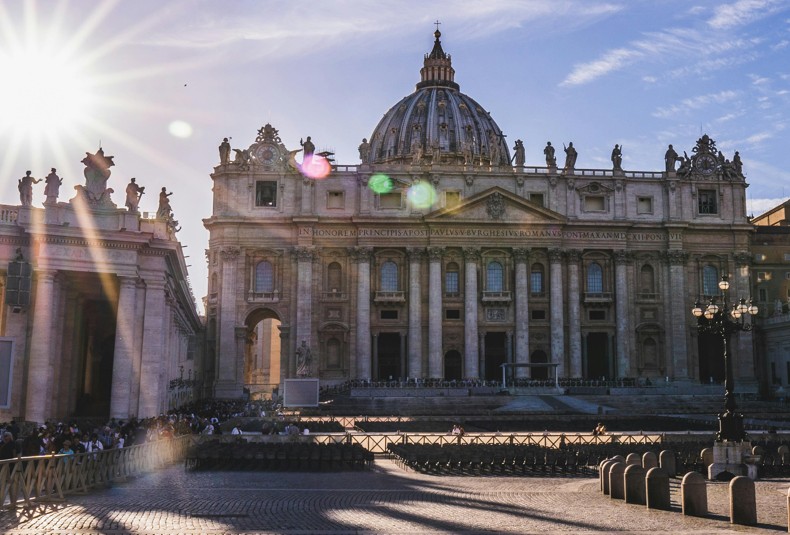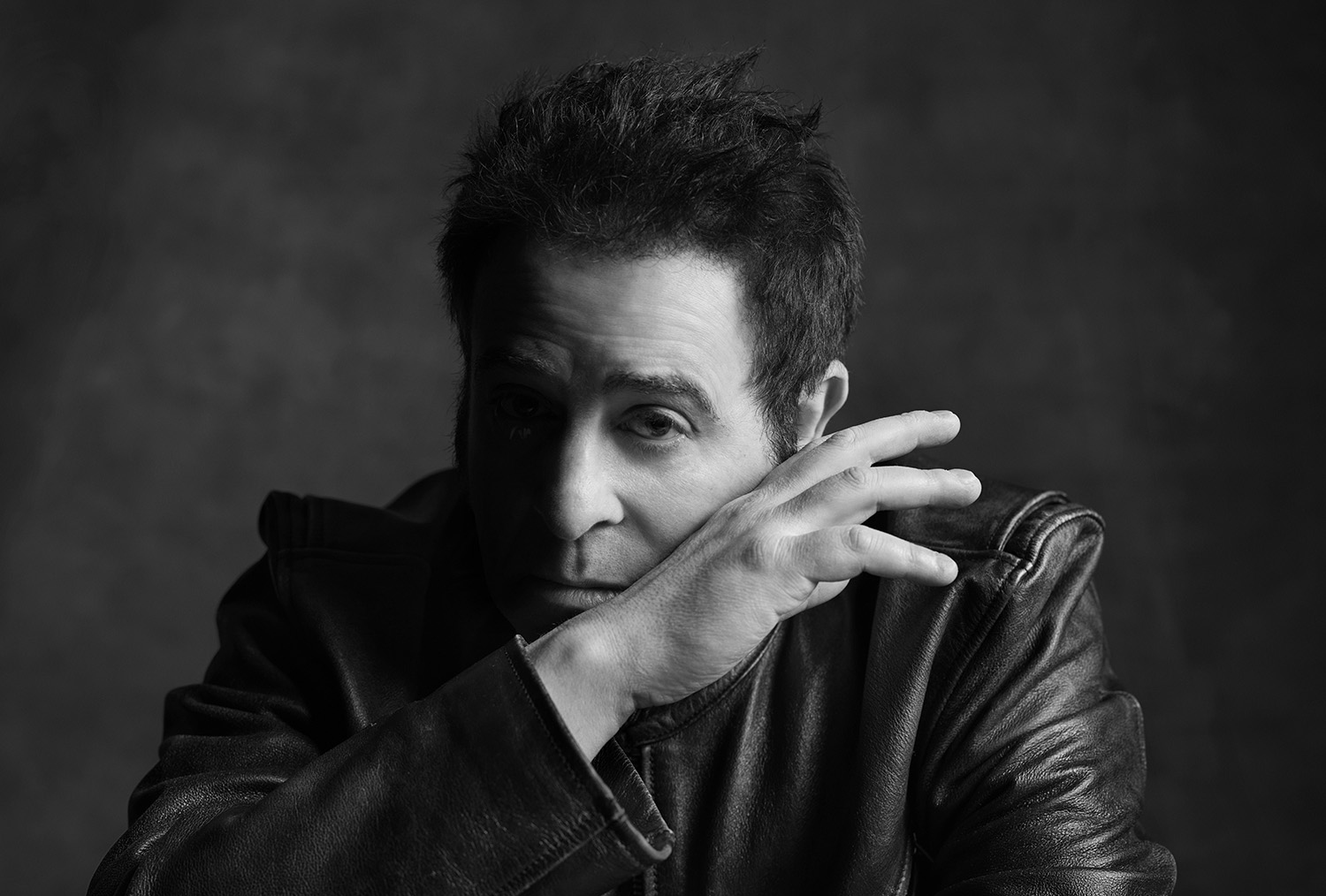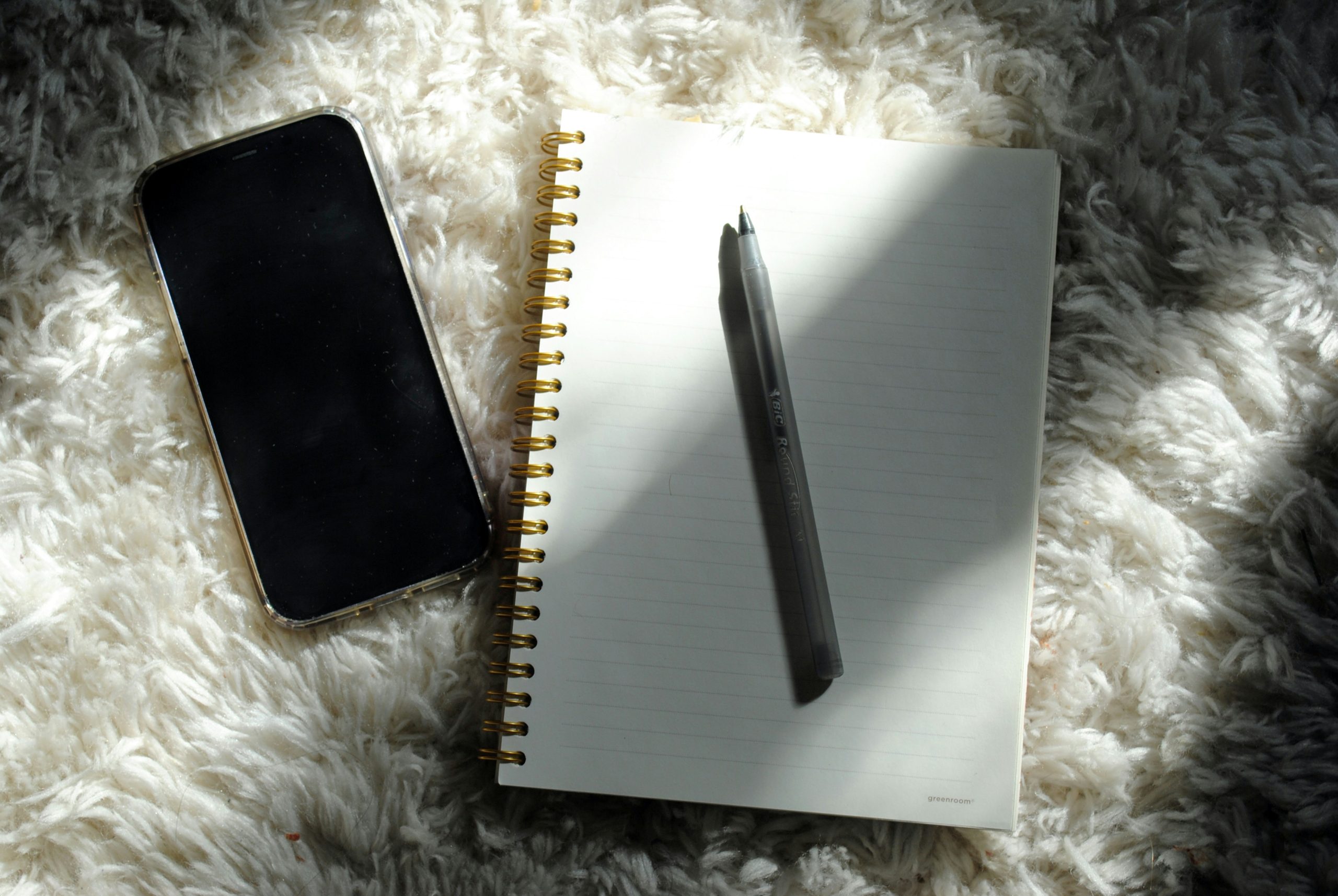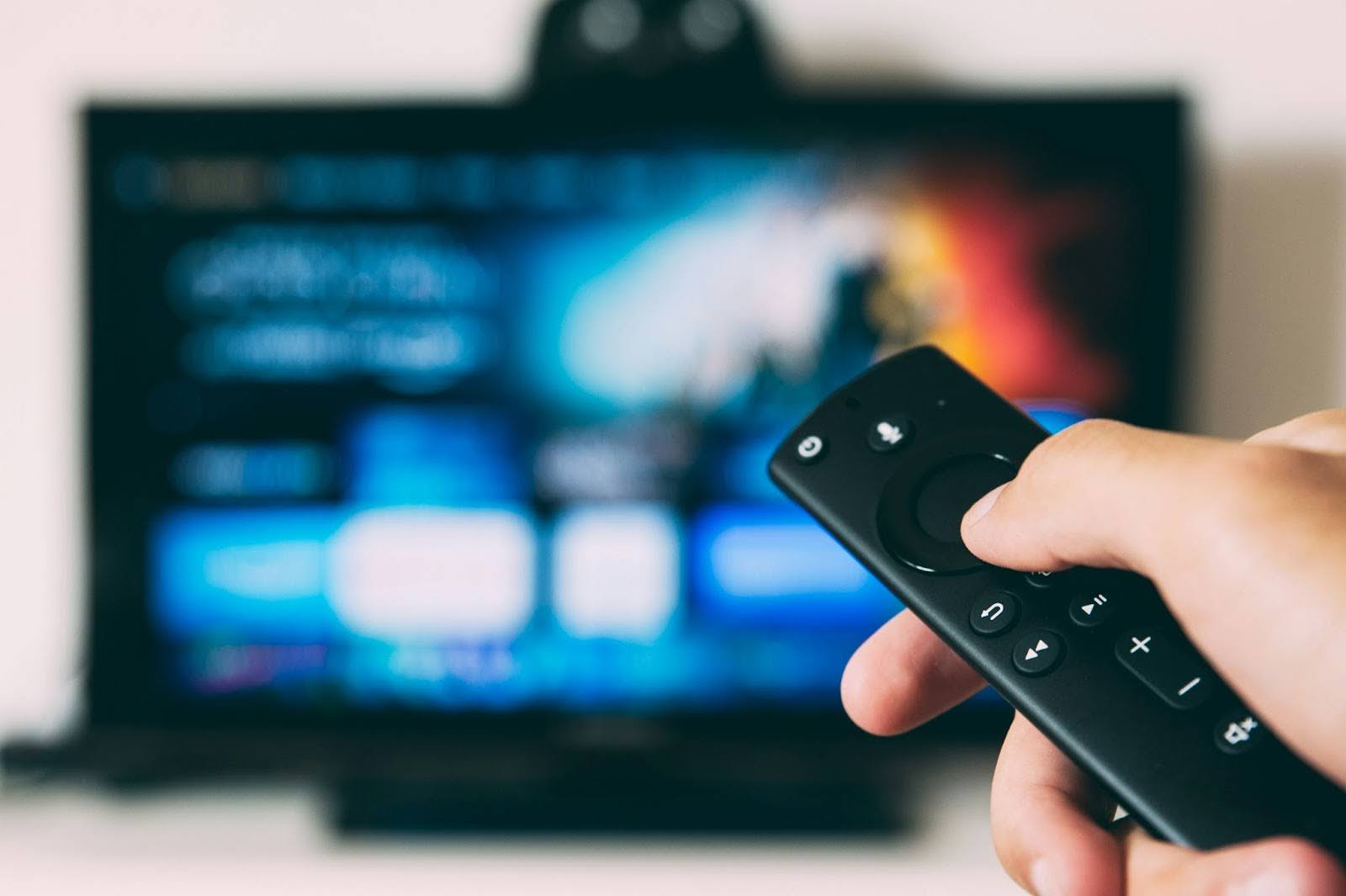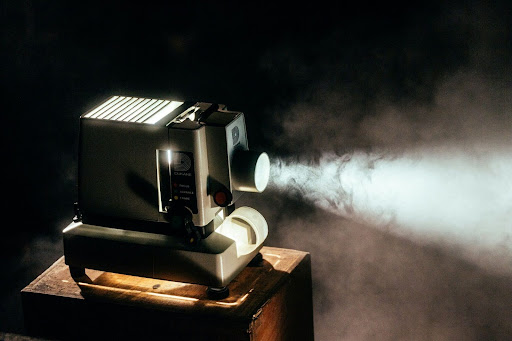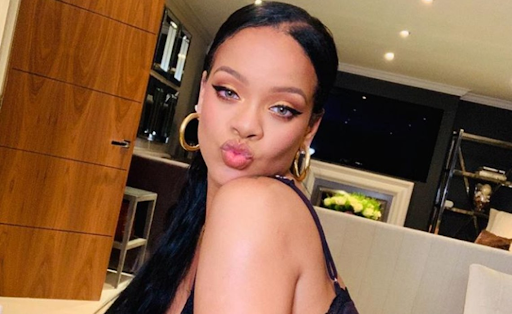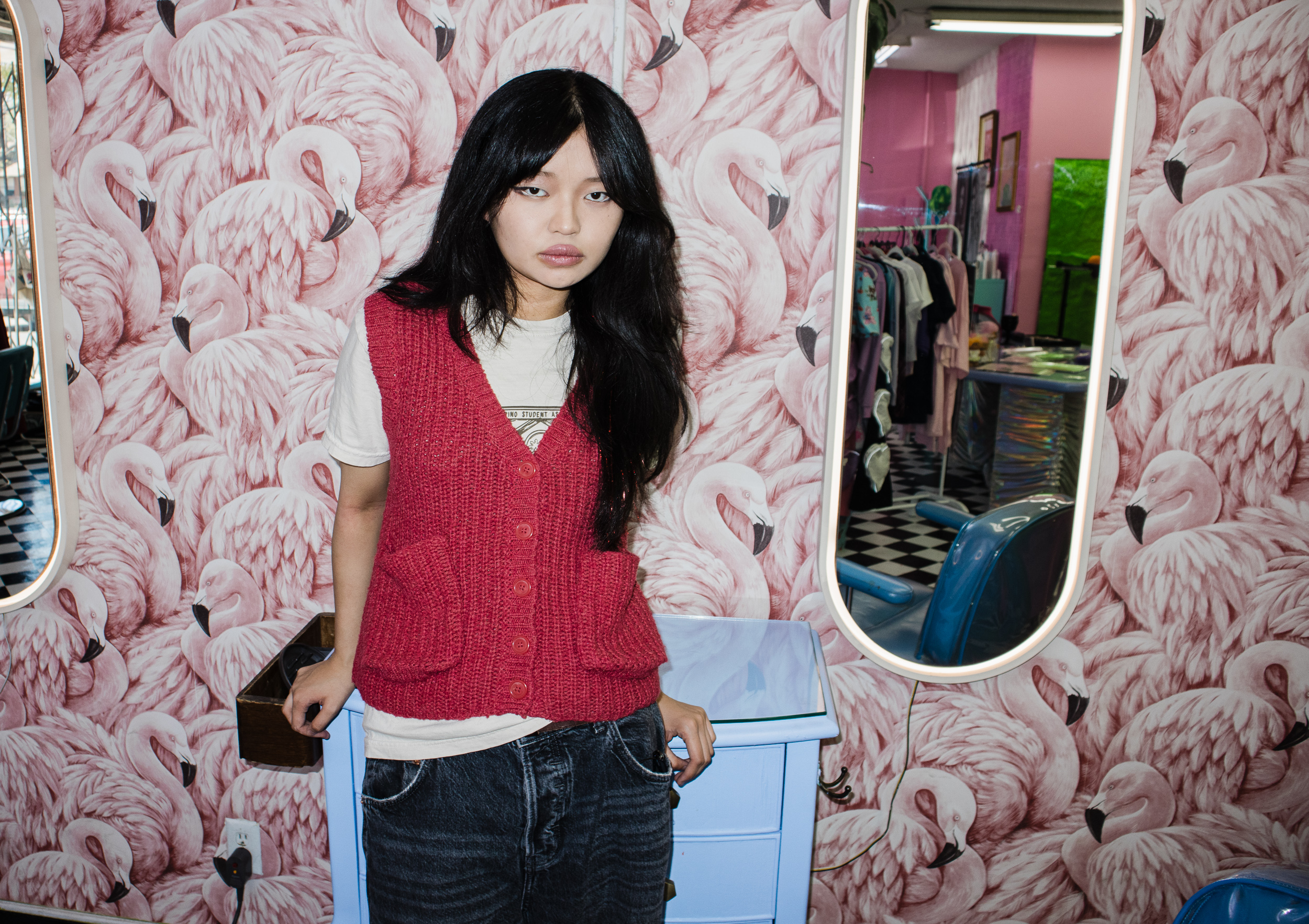
Robert Pattinson attends the 13th Annual Go Gala at NeueHouse Hollywood, in Los Angeles13th Annual Go Gala, Los Angeles, USA - 16 Nov 2019
Photo by Richard Shotwell/Invision/AP/Shutterstock
Robert Pattinson seemed to be having a moment during COVID-19.
He starred in a charming cover story for GQ that labeled him “The King of Quarantine.” He wandered around with a camera and won the hearts of a generation of fans. He was cast as the starring player in Christopher Nolan’s The Batman.
But even Batman couldn’t combat 2020’s arch nemesis: the global pandemic that has brought the world to its knees. On September 3rd, Vanity Fairreported that Pattinson had tested positive for COVID-19, according to a “well-placed source.”
The diagnosis occurred just days after The Batman resumed filming in London, after production halted in March (a whole six months ago) when COVID-19 first hit.
THE BATMAN Trailer (2021) Robert Pattinson Moviewww.youtube.com
In a statement to Vanity Fair, Warner Bros. did not specify who was diagnosed, but they did report that “a member of The Batman production tested positive for Covid-19, and is isolating in accordance with established protocols. Filming is temporarily paused.”
Today, September 4th, Vanity Fair reported that though production has paused, crew members have continued to work on sets and props. Apparently everyone who had been in contact with Pattinson is quarantining, including Pattinson himself, who will be in isolation for 14 days.
U.K. film leaders continue to insist that they have taken all necessary safety precautions to ensure the production’s success, according to Variety.
But Pattinson’s diagnosis proves that even with all necessary precautions—and even as the star of a major production—no one is immune to COVID-19, and we are certainly not through the thick of this horrible pandemic.
“We’re confident that with all measures in place, any production will resume filming as soon as it’s safe to do so. We also believe this will not impact production overall continuing in U.K., precisely because we have such robust health and safety measures operating, enabling our world-class film and high-end TV sector to get back up and running,” said Adrian Wooton, CEO of the British Film Commission and Film London. Other representatives also released statements which argued that the production is taking proper safety measures and that everyone involved is dedicated to ensuring that the process is safe for everyone.
“The behavior of U.K. cast and crew have been exemplary,” said Lyndsay Duthie, CEO of the Production Guild of Great Britain. “Wanting to return to work, everyone has embraced the comprehensive measures required of them and as a result many productions have been back on set and filming safely for weeks already. Where we have seen productions abroad where a cast or crew member has tested positive, precautions have been taken as required to enable them to start filming again as soon as they had the all clear.”
Still, Pattinson’s diagnosis feels jarring. It’s disconcerting to think that COVID-19 can come for such a massive star on a film set that was supposed to be safe; and it’s disturbing to realize that even after six months of quarantine, COVID-19 is still such a huge risk even for productions taking maximum caution.
Hollywood Attempts to Resume Activity During COVID-19, With Mixed Success
The film and entertainment industries have been dark for quite a while now. Filming and production were paused unceremoniously around the world during COVID-19. The Batman, which began filming in Glasgow in February, was among one of the many films to freeze in its tracks.
As the world continues to grapple with a pandemic that feels like it’s never going away, some production studios have been more daring than others in their efforts to ensure that the show goes on.
Many brands and studios have continued to film films, ads, and movies in spite of COVID-19. In America, production guidelines vary from state to state, and anything at all can be filmed in Arizona, “because Arizona craves death much like I crave Flamin’ Hot Cheetos on a Saturday afternoon,” writes Drew Magary for SFGate in an article that vehemently argues against any resumed production. “There is no way to make a TV commercial shoot safe right now. These are large-scale productions that can run into the seven figures. They have dressing rooms. They can require an army of set designers, electricians, makeup artists, and lighting crews. They require close proximity, even if the actors on screen never touch.”
Still, production companies have released various guidelines that mandate different precautions, and a few US-based productions have resumed filming overseas. Jurassic World is filming in London, and a sequel to Walt Disney’s Avatar is being filmed in New Zealand.
Ultimately, precautions are mostly up to production studios themselves. Tyler Perry’s “Camp Quarantine” was filmed in isolation at his Georgia studio complex, and no COVID-19 cases were reported during the shoot. ViacomCBS is setting up “quarantine compounds” that isolate people working on TV shows such as “RuPaul’s Drag Race.”
ABC’s The Bachelorette began filming in Palm Springs in July, and Love Island began in Las Vegas in August, using a “quarantine bubble” format. The Witcher resumed production on August 17 as did Big Brother. Many productions are able to film safely, but not all. Recently, John Nolan—who worked as assistant director of several State Farm commercials filmed in Austin—died of COVID-19 after possibly contracting it on set.
Slowly, despite the risk, movies and TV are coming back. The slow period has been devastating for filmmakers and entertainers across the globe, clearly hitting some filmmakers and crew members much harder than others. But is a return to the silver screen worth spreading the virus?
COVID-19 Remains An Enduring Threat Despite Maximum Safety Measures
As we all know, COVID-19 cases have continued to consistently spike across the globe, with over 6 million confirmed cases in America.
According to london.uk.gov, 6 people tested positive for COVID-19 this week in the city, and a total of 45 people tested positive in England. This is a stunning contrast to America’s unfathomably high test numbers, making Pattinson’s diagnosis on a London set all the more surprising.
In May, the UK’s government approved a 34-page comprehensive document of safety rules for film sets. (Among its many rules was an advisory against sex scenes). Certainly, The Batman must have followed all these rules.
But the fact that The Batman’s star caught COVID-19 after only two days on set can’t be a good sign. Even more disconcerting is the fact that the film’s director, Matt Reeves, has resumed filming without Pattinson. Even with the best safety procedures available, nothing about COVID-19 is predictable or guaranteed. Hopefully no one else on the set catches COVID-19, and hopefully films, movies, and their stars always exercise extreme caution.

